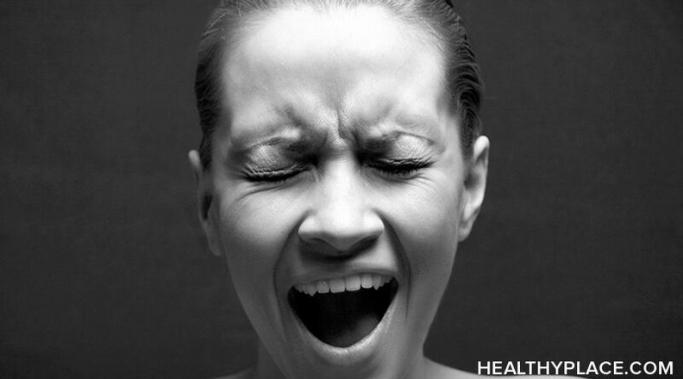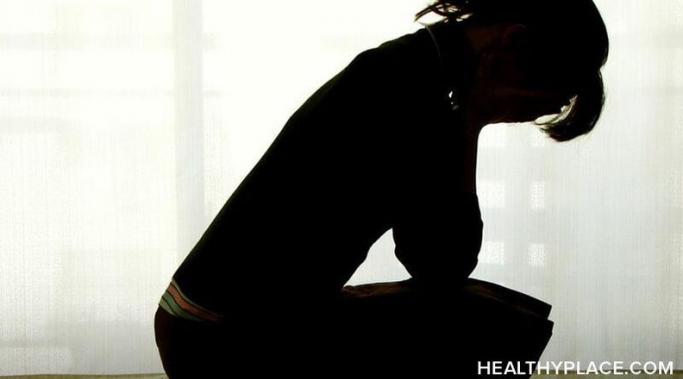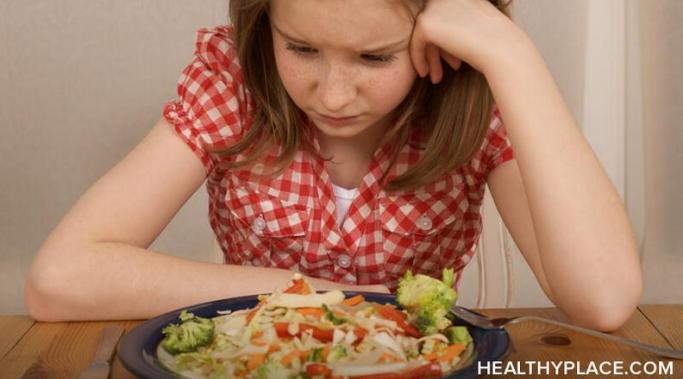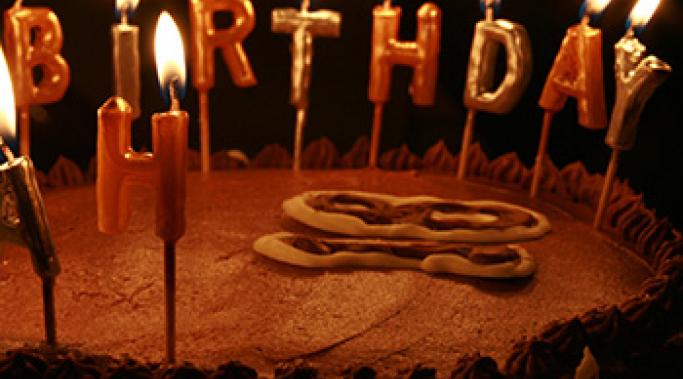Self-care is a term widely used in recovery from depression, but it's rarely defined by the health care professionals who recommend it for relief of depression symptoms. Over the years, I've learned what kind of depression self-care works for me. Here are some examples that will help you find your own steps to self-care for depression.
Coping with Depression
We live in a world easily saturated by the news cycle. Whether through television, radio, the printed word, or the Internet, information on current events is continually available. But being constantly connected to the news can take a toll on our mental health and depression can trigger depression.
My depression goes hand-in-hand with anxiety, which leaves me feeling paralyzed with fear. For years I hid from life, until I started using my feelings of anxiety and the hopelessness of depression to convince me that I had nothing else to lose. I learned to make my own luck to defeat depression-related anxiety.
I find the harsh winter weather we’ve been having tends to exacerbate my depression symptoms. The shorter days and winter weather leave me feeling depleted. Looking out my window, there is a sea of white. Everywhere I go there are piles of snow and ice. I am tired of bundling up in a long coat and snow boots just to go outside. I am tired of the cold. I want to hibernate until spring. But hibernation isn’t the answer to surviving winter and depression.
I am having one of those days where my depression is so impenetrable that I can't believe I'm able to sit upright. It feels like the force of my traumatic past is colliding with a bleak future that promises nothing but the same amount of pain. Yet here I am, sitting at my laptop, writing. How is this possible?
Last month, I struggled with a depression relapse. During one of my therapy sessions, my therapist reminded me that I am resilient. Depressed at the time, I didn’t feel very resilient, but the comment stayed with me. It started me wondering what the relationship is between depression and resilience and how we can increase resilience.
One of the most common symptoms of depression is a change in appetite. People who have depression either lose their appetite and eat less than they did before, or else their appetite increases and they eat more than they did before their depression started (Depression Symptoms: What Are Symptoms of Depression?). For me, my appetite has lessened but it's affected me a lot more than a simple reduction of hunger pangs. Depression and lack of appetite can be distressing.
It's exceptionally hard to celebrate when you have depression. I just turned 30 this week and I'm proud to have survived my birthday because I was so scared up until its arrival. As it turned out, it was easier than ever for me to celebrate my birthday this year because I figured out the secret to surviving my birthday (or any holiday) with depression.
When I sat down to write my blog this week, what came to mind is that I’ve been having trouble mood-wise lately – depressed mood, low energy, anxiety – and how this seems to go against what we commonly associate with the beginning of a new year. But I have to live life, even when I'm depressed.
My depression is making me feel numb about New Year's. I actually went to bed at 10:30 p.m. on New Year's Eve, an hour before my usual bedtime. When hundreds of thousands of households partied and cheered to welcome 2015, when the clock struck 12:00 a.m., I was sound asleep.









